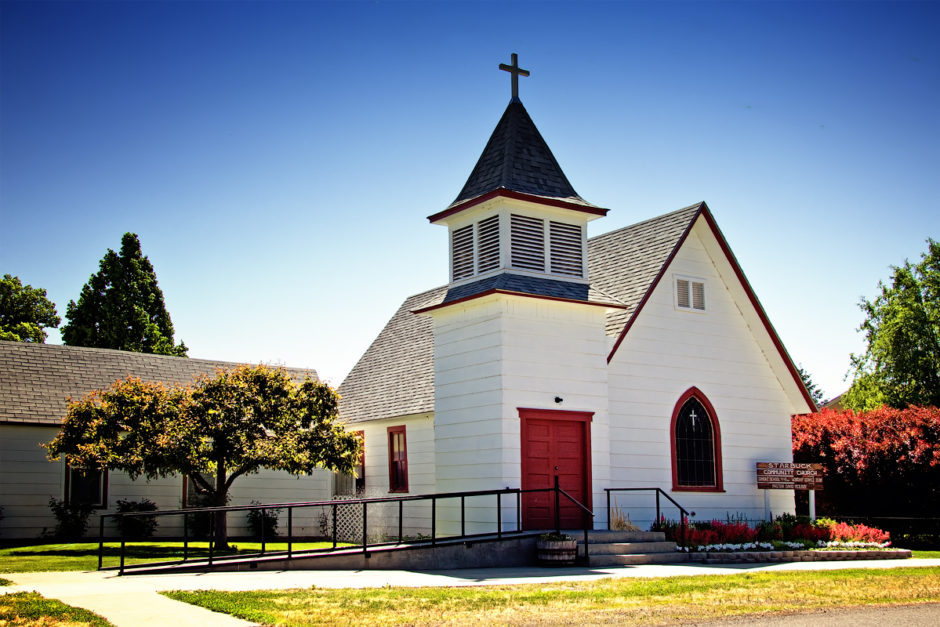Harvard theologian Harvey Cox predicted a secular world on the move. In his book The Secular City (MacMillan Company, New York: 1965) he suggested the new secular world would be defined by anonymity and mobility. Track the daily path of most Americans and you’ll be caught in the traffic of this high velocity world. Leonard Sweet placed an addendum alongside this obvious national truth. In Carpe Manana (Zondervan, 2003) he described the changing paradigms of this new digital world. One of them is the shift from vast to fast. The pace of things has escalated. We may not like it and may resist it to some degree. But, it is what it is. We’d better get in the fast lane with our neighbors and family and friends. And, church members.
This fast world also involves a multiplicity of involvements. Let’s see, there’s gymnastics, piano, dance, ball leagues of every variety plus travel ball, swimming, school functions, homework, art, foreign language study, extra-curricular activities, projects, field trips, and a couple of hours of sleep every night. That’s not to mention the parental obligations to tax the children everywhere, attend all the games and functions, go the work every day, cut the grass, wash the clothes, and call in the delivery or take out order every evening.
Somewhere in the mix is the church thing, the conviction that the family’s spiritual needs are important too. But, how can we include healthy, beneficial Bible instruction, worship, personal discipleship, and fellowship with other believers in an already crowded life agenda? In my last pastorate we noted the frustration of families who truly desired a spiritual element in their weekly routine and just couldn’t calibrate their movement to the church calendar. As a result, we studied our scheduling. In the process we discovered that our calendar and timing was often part of the problem of a hectic, fast-paced world. So, we made some adjustments.
1. We arranged our primary scheduling around our children’s and youth ministry teaching and activity times. In our church Awana was the most resource intensive time and we scheduled everything else in the church around it because workers were highly committed to the ministry and very stable in their attendance. In our church this ministry was slotted for Wednesday evenings. All of our music and worship ministry teams also rehearsed during this time, the youth ministry met for Bible study, worship, and hang-out time, men’s and women’s ministries met, and several adult Bible studies were held for those not serving elsewhere.
2. This Wednesday emphasis resulted in taking a lower ministry profile on Sunday evenings. Our study process indicated that many families were relying on Sunday evenings as preparation time for a new week and as family time. Our leadership believed this would be a way to become part of the solution for the many over-scheduled families in our church. We continued to offer discipleship options, Bible study components for every age group, and a centralized teaching plan for adults that I led. It was well attended by those who were not over-obligated during the week.
3. Scheduling became a significant line item in our staff and leadership meetings. Ministry evaluation was also amended to be a weekly process and not something reviewed periodically. When there were serious declines in participation those areas were reviewed to ascertain timing issues, questions about formatting, the reliability of the material under study, or other factors affecting involvement.
Several discoveries highlighted the transition from our previous schedules to the newer one.
1. Scheduling should be an intentional segment of our mission plan.
2. Flexibility should define our scheduling process to enable adjustments when they were necessitated.
3. WNDITWB* couldn’t be the deciding factor in evaluating our scheduling process.
4. The church family was positive in their response to our scheduling considerations. Most people thanked us for the concern.
5. Strategic scheduling would include training events, those items on our denominational calendar, and line items that would connect us to the community around it.
One day a few months ago someone sent me a graphic illustration of our tendency to operate in the slow land. It pictured automobiles jetting along a freeway, blurred by their speed. Right in the middle lane of an eight-lane highway there was a jalopy poking along. Someone had labeled it “the evangelical church”. At first it made me mad, the opinion of some anti-church wonk judging us even more. Further thought, however, brought me around. In many ways we are the slow guys trying to travel in the fast, heavy traffic of a high velocity world.
Making disciples of all nations, the assignment Jesus entrusted to his followers, has a mandated curriculum, the instructions and teaching of Jesus and the Bible writers. The platform for accomplishing this mission is Christ’s church. The timing is mostly a matter of church preference, sadly a dictate of tradition. Adjusting the schedule to the times may be the most critical decision we can make. What is more, it may give a signal as to what is more important to us, aligning ourselves with what God is doing right now, or remaining in a comfort zone that works for us.
* we’ve never done it that way before






No Comments